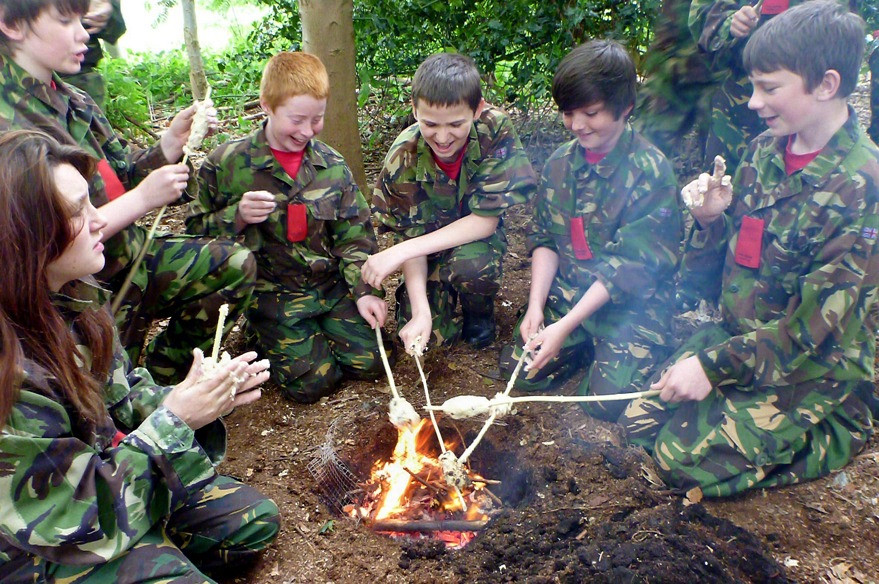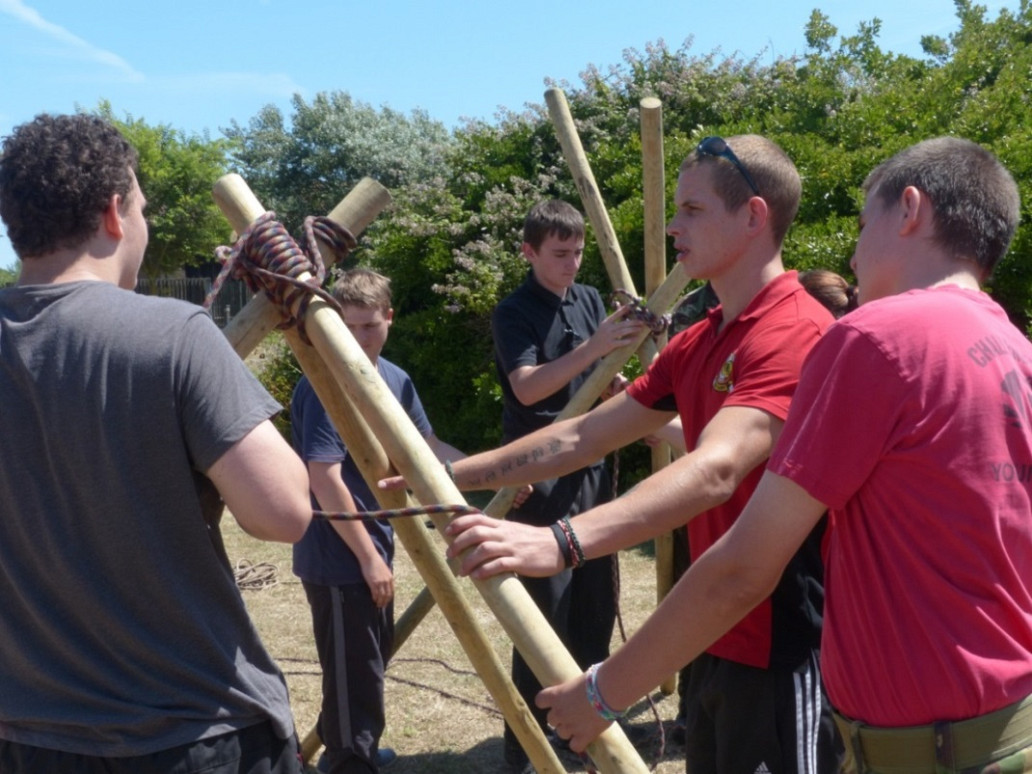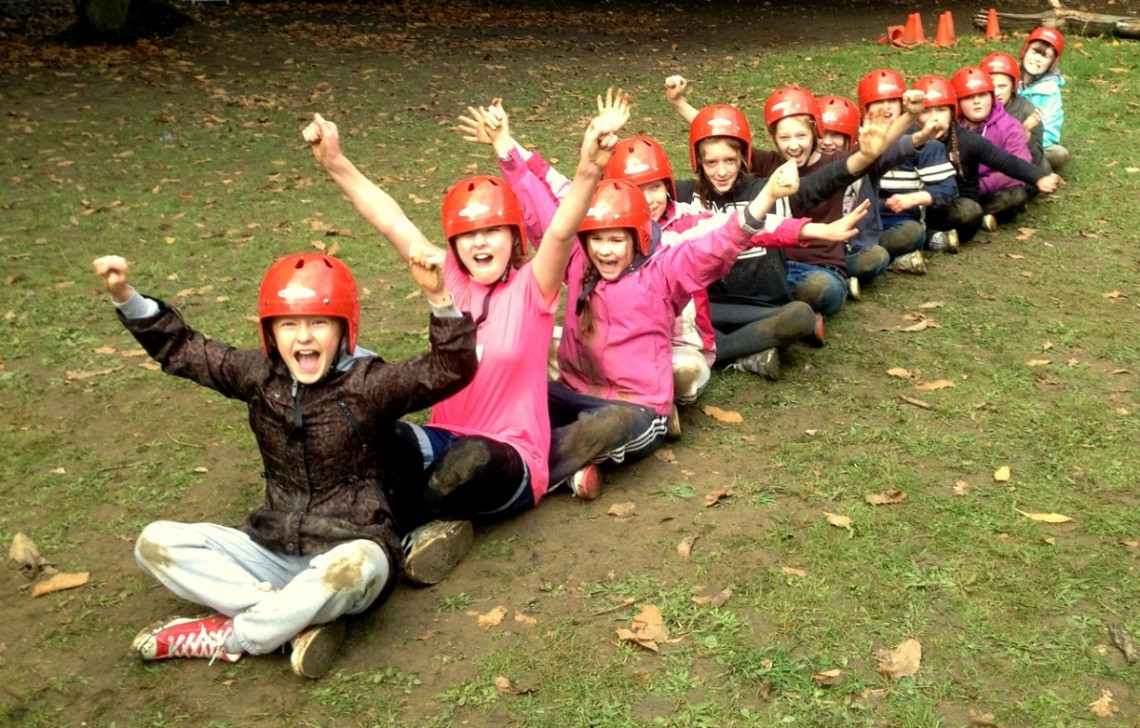Help
Community21 has selected some case study communities and projects to share across the network to inspire and inform others. Should we be featuring yours? If so get in touch.



Challenger Troop
Challenger Troop CIC (CT) is a community interest company which focuses on working with vulnerable, disengaged and disaffected young pupils aged between 8 and 18 years. Many of the young people that CT work with, have problems with their behaviour, and are at risk of being excluded from school.
Finding of an impact evaluation on attainment, attendance and behaviour of CT, a military-ethos intervention programme working within schools in London and the South East of England in the academic year 2013-2014 are reported here. Data from 29 schools, pupil assessments by Teachers and a self-assessment questionnaire from pupils were analysed. Semi-structured interviews were also carried out with Teaching Assistants, Teachers, Deputy Heads, parents and pupils to assess their opinions on the impact of the CT’s six and twelve week programmes. The evidence forcefully endorses the benefits and improvements that the CT programme has brought to the lives of pupils.
Improvements in Attendance • Fewer unauthorised absences were recorded for some schools. • 31% of pupils self-reported that their attendance had improved as a result of the course • Interviews with teaching staff suggested that there had been improvements in attendance and punctuality. Pupils in Special Schools were more likely to remain in the classroom throughout lessons.
Improvements in Attainment • Data collected before and after CT courses showed that pupils were likely to improve in Maths. Improvements in English Writing and Reading were also recorded but should be monitored over a longer period to make more substantiated claims. • Pupils’ self-assessments showed that 53.8% of pupils claimed to respond better to instructions. 48.9% of pupils claimed to find it easier to pay attention.
Improvements in Behaviour • Pre and Post course assessments of pupils showed remarkable improvements in self-control and management of behaviour, social skills, self-awareness and confidence, skills for learning and approaches to learning. • 63.7% of pupils reported that they took more responsibility for themselves, 60.1% were more confident and 50.2% had more respect for other. • Primary Schools pupils were more likely to control their anger (71.1%), be more focused in class (71.1%), show more respect for their teacher (64.4%) and want to improve the way they live (80.0%). • Pupils from Special Schools were more likely to follow instructions (71.4%), had more respect for themselves (61.4%) and feel that they had grown up a bit (70%).
• Findings from interviews described increased self-confidence, the ability to work as a team, increased self-respect and respect for others, a marked improvement in the demonstration of social skills and significant improvements in pupils’ behaviour. • Further individual pupils who were undergoing a transformation in their attitude to school, their behaviour in the classroom, and the beneficial effects on the class as a whole because disruptive pupils had calmed down.
It is particularly in relation to the most marginalised pupils that CT can be seen to have made significant changes in pupil’s attendance, attainment and behaviour as well as providing them with the opportunity to develop a more positive approach to life.
More on Challenger Troop can be found on challengertroop.org